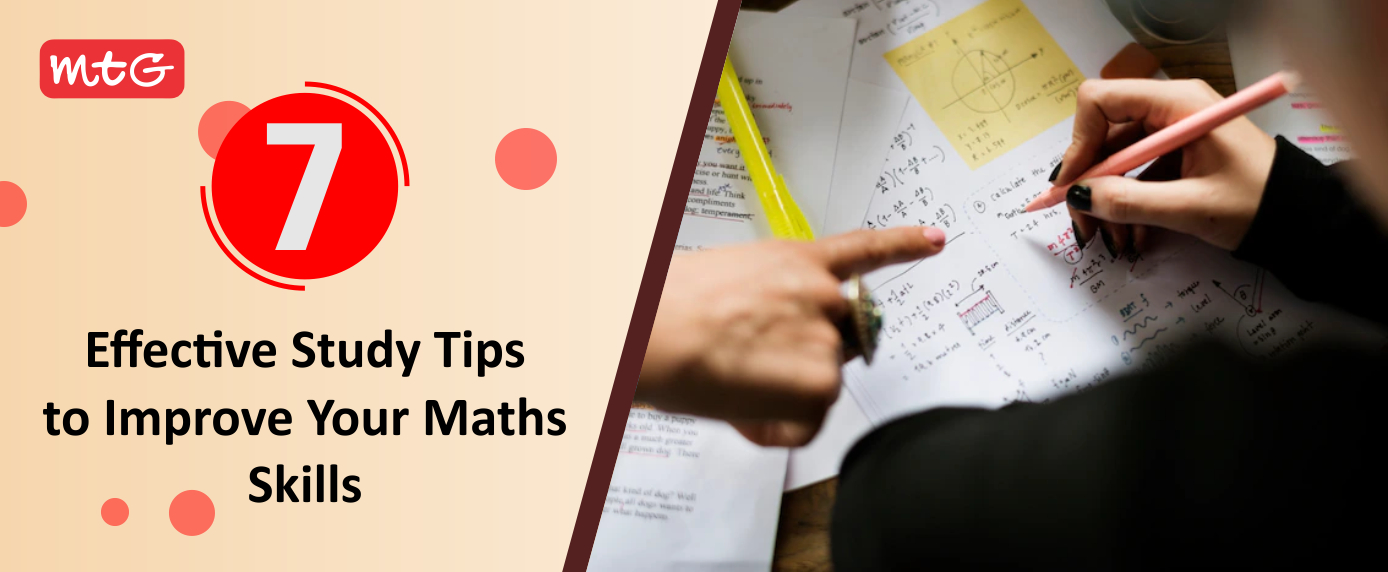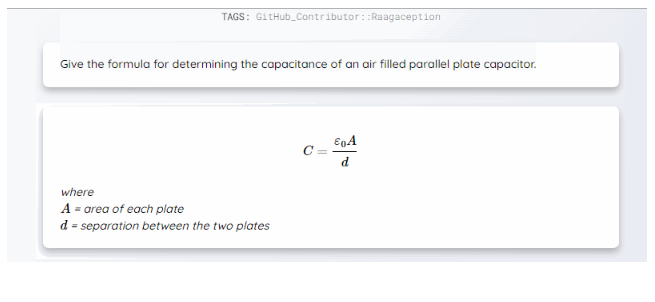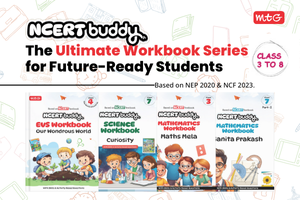
Before any child grows up, they develop a basic understanding of addition and subtraction by observing daily life interactions. Math is a subject with practical applications, and children learn it as part of their daily routines and activities. Even though mathematical skills are only one component of a larger web of skills that children learn as they grow, including language skills, physical skills, and social skills, these skills are interdependent and influence others.
- No Moving Forward or Skipping the Subject Unless You Have Understood It
Math is truly an essential part of our daily lives. It is critical to recognize that one should not leave a subject until they have fully comprehended it. A specific technique can be extremely beneficial because writing things down while solving a problem is extremely beneficial. It is not recommended that draughts be written with a pen. Paper and a pencil are sufficient. A step-by-step record of solutions aids in future problem-solving. Revising late at night can impair one’s reasoning, and one should avoid doing so. To summarise the best technique, mathematicians illustrate problems or puzzles to gain a visual understanding and solve the problems.
Latest: How to Learn Chemical Reactions Like A Pro!
- Practice the Mathematical Concepts by Writing Them Down
When doing exercises or practicing questions, using notes as a guide, and writing the procedures used to complete the exercise, different procedures are usually used in problems involving the same concept. The more people who write about what they are doing, the more likely it is that they will remember it. It is not necessary to write the procedure if it is familiar to you and on tips.
You will also like: Which are the Best CBSE Reference Books for Mathematics Class 12
- Manage A Notebook for Mathematics
Write down what will help you when solving a Math problem. Writing down solutions to problems may come in handy later. Making notes on important points while studying will help you remember them later when you revise. You don’t have to go through the entire thing again; just go through the mentioned point and you’re done. After understanding the concepts and procedures, having them written down in their own words helps to solidify learning.
Individual flashcards with procedures, vocabulary, and symbols are good practice. It will eventually become a portable summary of everything that has been learned. You can take them and study from them.

- Check Out Examples from The Textbook Step-By-Step
All of the examples in the book are accompanied by examples with step-by-step instructions for completing them. This becomes an excellent source of feedback. When beginning to study, re-read the textbook sections that were covered in class and work on each example. Cover the examples’ solutions. Refer to your notes for help, but don’t look at the solution. The main goal is to understand the concept and solve it on your own to better understand it. After you’ve finished answering the questions, double-check your answers with the textbook. If the solution is incorrect, re-examine the concept and try again. If the solution is still incorrect, you can consult the NCERT solutions.
- Be Regular in Solving Math Questions
Consistency is the key to success in any endeavour, not just math. Math is a practice subject; it is simple to train and master the brain. Continuous and consistent practice in any field or subject leads to excellence. Math is a subject that, if practiced daily, will help you retain information as well as possible. You can help to solidify your learning by writing the concepts and procedures in your own words, with your understanding of them. Repeated practice will aid individuals in remembering it in the long run. Math concepts and skills are cumulative, but a specific skill is often presented in a different way later in a chapter. When a person returns to previously covered material, they refresh their knowledge of these skills.

- Try out the most difficult math topics
Working on topics with friends can help you understand any subject where you have an opinion. It will also provide opportunities for discussion of concepts and skills. For those who struggle with numbers, group study can alleviate anxiety and trouble. Working with friends on the most difficult topics can result in higher grades, better understanding, and more systematic problem-solving. Sometimes questions that come to you later are only asked by a friend. It also provides a healthy and enjoyable environment in which to study. Individual questions can be answered by their friends, and when attempting to solve their friends’ doubts, they will think beyond the horizon, which will aid in their development. Individuals can also hire personal tutors or study at institutional centers.
- Always practice maths in a calm environment
Working in a calm environment allows for better understanding. If your home is frequently too noisy or has too many distractions, go to the library or another quiet place to study. A library, media library, or a bedroom stand can all help with this. Working in a calm environment allows you to better understand and concentrate in one location. It eliminates distractions and directs your brain to focus.

So, if you’re a little rusty in Math, these easy tips may help you overcome all of the obstacles to brushing up on your Mathematical brain. All of these techniques combine to form a good blend of practicality, logic, and consistency, which will help anyone perform better in Math. Not just for those who are afraid of math, but also for those who want to improve and excel in the subject.



























